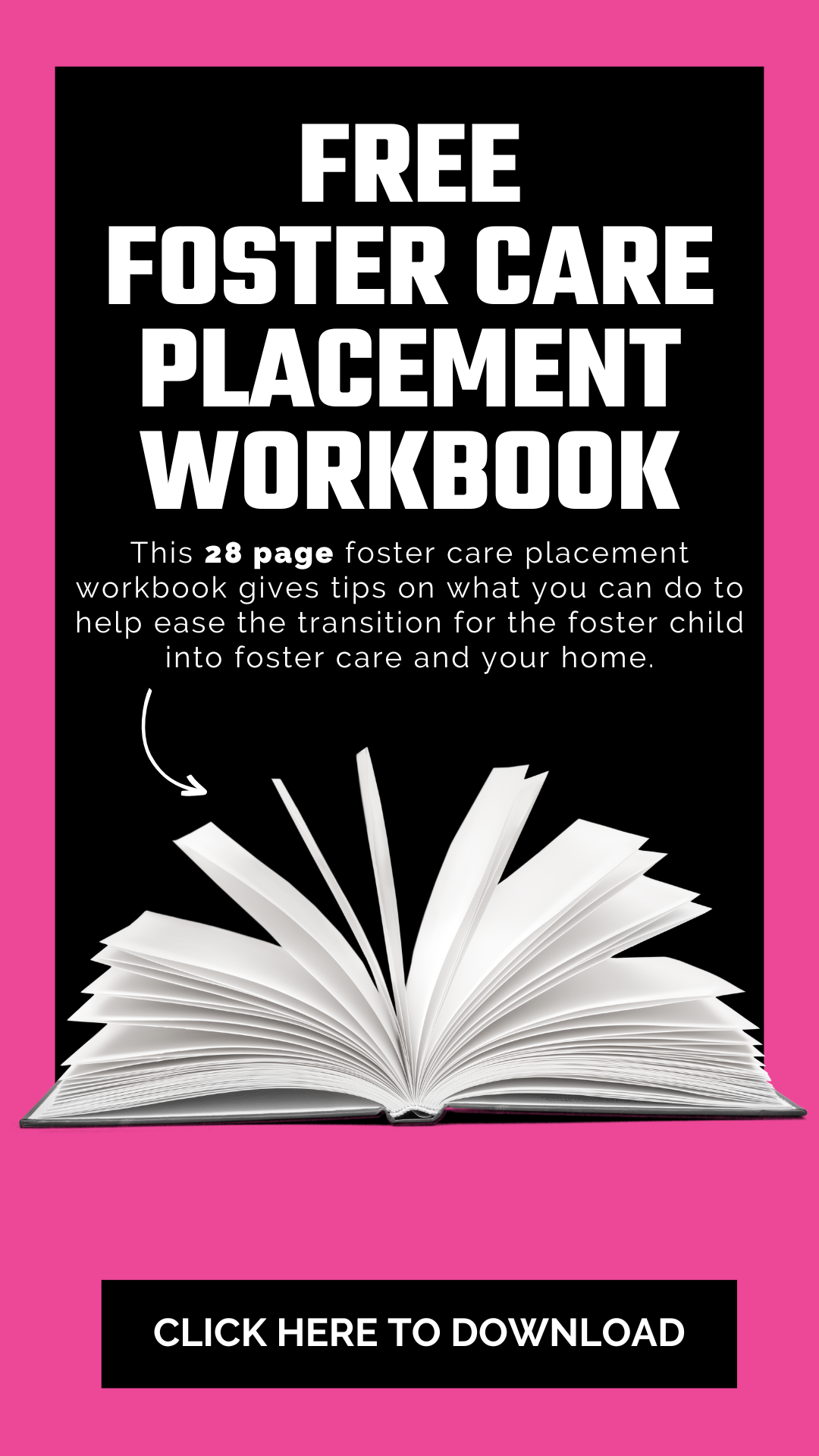
Becoming a foster parent is a noble and rewarding – and necessary – endeavor. Successful foster parents have certain qualities that help them create a safe and nurturing environment for children in need:
1. Empathy and Compassion
One of the most crucial qualities of successful foster parents is the ability to empathize with the experiences and challenges that foster children have faced. Foster parents who approach their role with genuine compassion create a nurturing environment where children feel seen, heard, and understood. Demonstrating empathy helps foster children build trust and form healthy attachments, paving the way for their emotional healing and growth.
2. Patience and Flexibility
Successful foster parents possess patience, understanding that each child may have unique needs, behaviors, or trauma-related responses. They remain calm and composed in challenging situations, adapting their parenting style to meet the individual needs of the child. This flexibility is crucial in navigating the ever-changing dynamics of foster care, including court hearings, visitations, and potential reunification plans.
3. Resilience and Perseverance
Foster parenting can be emotionally challenging, as foster children may come from difficult backgrounds or have experienced trauma. Successful foster parents exhibit resilience, bouncing back from setbacks and remaining committed to the child’s well-being. They understand the importance of providing stability and consistency, even during challenging times. Foster parents who persevere through the ups and downs of the foster care system can make a lasting impact on the lives of the children in their care.
4. Effective Communication
Strong communication skills are essential for successful foster parents. They actively listen to the child, their biological family, and the professionals involved in the child’s case. Effective communication also involves advocating for the child’s needs, collaborating with caseworkers and therapists, and keeping everyone informed about the child’s progress and well-being. Open and honest communication helps foster parents build trust and establish positive relationships with all stakeholders.
5. Commitment to Continuous Learning
Successful foster parents have a deep commitment to ongoing learning and personal growth. They actively seek knowledge about child development, trauma-informed care, and other topics relevant to foster parenting. They participate in training programs, workshops, and support groups to enhance their parenting skills and stay informed about best practices. Being committed to continuous learning allows foster parents to provide the highest level of care and support to the children in their care.
6. Team Player Mentality
Foster parenting involves working collaboratively with various professionals, including caseworkers, therapists, educators, and healthcare providers. Successful foster parents understand the importance of being a team player. They actively engage with the professionals involved in the child’s life, attend meetings, and contribute their insights and observations. By working together, foster parents and professionals can create a comprehensive support system around the child, increasing their chances of success.
By embodying these qualities, foster parents can make a significant positive impact on the lives of vulnerable children, providing them with the love, support, and stability they need to thrive.


